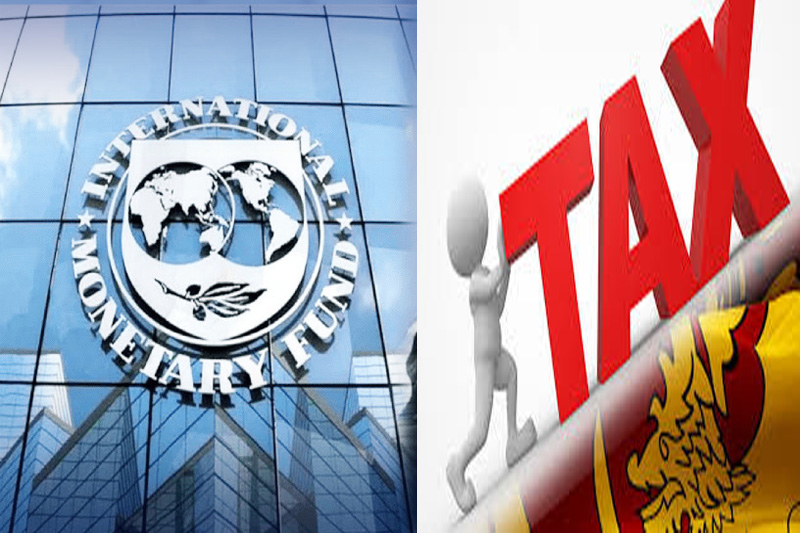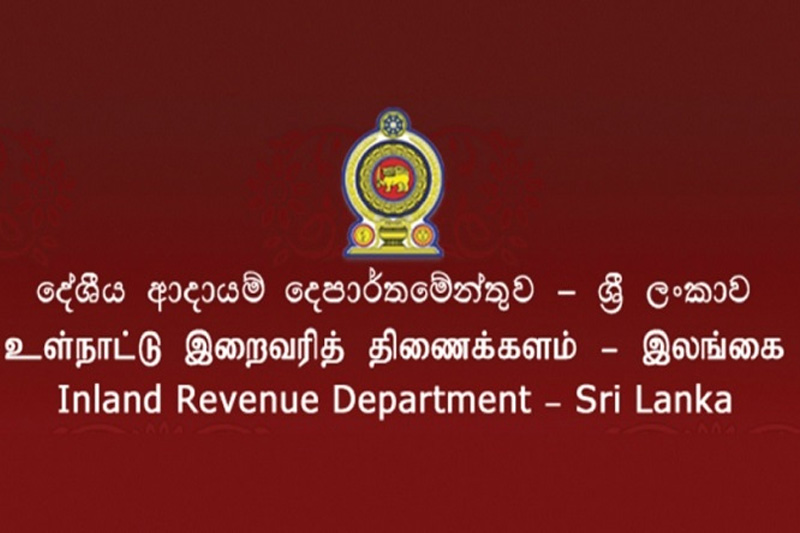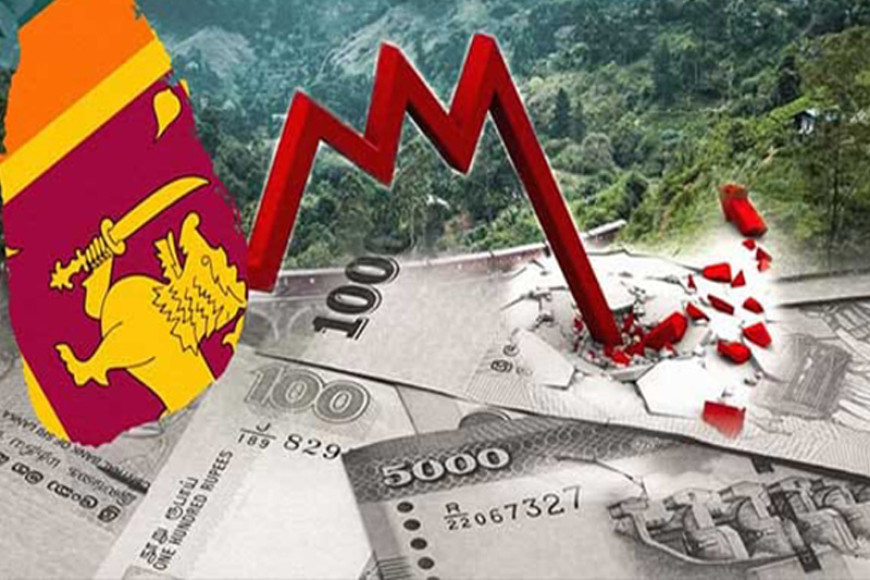By Rohana Jith
"Sri Lanka’s Economic Recovery in 2024: Progress in Inflation Control, Asset Management, and Tax Reforms"
In 2024, Sri Lanka's economy showed strong signs of recovery, underpinned by macroeconomic stability, low interest rates, and increasing investor confidence. This recovery is expected to continue, positioning the country to reach its potential growth over the medium term.
One of the key drivers of this recovery was the significant reduction in inflationary pressures. Headline inflation saw a marked decline due to lower energy prices, reduced food inflation, and weakened demand. The Central Bank remains optimistic about achieving its near-term inflation target of 5%, given these positive trends.
In response to the improving economic situation, the Sri Lankan government has introduced important measures to better manage state assets—a sector long overlooked. A new bill approved by the Cabinet aims to establish a comprehensive legal framework for state asset management. This includes creating a national assets register and preventing the misuse of public resources, a critical step toward generating revenue during the ongoing economic crisis.
The government is also engaged in discussions with the International Monetary Fund (IMF) regarding personal income tax relief. The proposed adjustments to tax brackets are intended to ease the financial burden on mid-level taxpayers while maintaining overall revenue collection. The IMF has recommended modifications to this plan, which the government is currently reviewing.

Economic activity in 2024 was bolstered by the Central Bank’s continued accommodative monetary policy, aligned with easing inflationary pressures. After a temporary rise earlier in the year, inflation decreased significantly due to falling energy prices, slowing food inflation, and subdued demand. The Central Bank projects that headline inflation will remain below the 5% target in the near term and gradually stabilize around this level over the medium term.
The Colombo Consumer Price Index (CCPI) reflected this trend, rising by just 0.5% over the 12 months to August 2024. The index itself fell by 1.8% in August, with the food sub-index declining by 2%. Since September 2022, the food index has dropped by 4.9%. These trends indicate that the Central Bank is successfully maintaining inflation well below its 5% target, providing a solid foundation for economic recovery.
The exchange rate has remained stable at around 300 Sri Lankan rupees per US dollar, helping to keep energy and food prices under control. This stability has been partly aided by the US Federal Reserve’s tighter monetary policy, which has led to a drop in global commodity prices.
In terms of state asset management, the Sri Lankan government is moving forward with plans to address long-standing issues of neglect. A recently approved Cabinet proposal from President Ranil Wickremasinghe seeks to publish a draft bill on State Asset Management and submit it to Parliament. This bill, which has received clearance from the Attorney General, aims to identify, manage, and maintain both movable and immovable state assets, creating a national assets register and establishing a central agency to oversee these resources.
This initiative is particularly important as the government looks to generate revenue amid the current economic crisis. Despite Sri Lanka's estimated net wealth of US$351 billion, the country still faces significant debt challenges, with around $50 billion owed. Proper management of state assets could help address some of these financial pressures.

Historically, attempts to implement systematic asset management have been hampered by opposition protests and trade unions. This has led to the deterioration of government assets, with no proper records for most of the over 400 State-Owned Enterprises (SOEs). Among these, 52 SOEs are considered strategically important but have been operating at a loss, placing a burden on the treasury.
A notable example of past mismanagement was in 2011, when the government under Mahinda Rajapaksa took over the assets of 37 companies. However, there were no official records of the outcomes, highlighting the need for the new bill to establish a robust framework for managing state assets.
On the tax front, the Sri Lankan government has proposed adjustments to personal income tax brackets to provide relief to mid-level taxpayers. The proposed changes would increase the threshold for personal income tax from 500,000 rupees to 720,000 rupees, helping to mitigate the impact of recent tax reforms. The IMF has reviewed this proposal and recommended further adjustments, particularly in providing more relief to lower-income taxpayers.
Currently, the maximum personal income tax rate has been raised to 36% from 24%, with the taxable income threshold lowered from Rs. 250,000 to Rs. 100,000 per month. The government's proposal suggests maintaining a tax-free threshold of Rs. 1.2 million, expanding the tax band to Rs. 720,000, and keeping the top tax rate at 36%. The IMF's counterproposal involves extending the first tax band to Rs. 1 million, while keeping the top tax rate unchanged.
As the government evaluates these proposals, it aims to balance the need for revenue with the financial well-being of its citizens. The Inland Revenue Department (IRD) has already demonstrated its capability by surpassing its tax collection targets for the first half of 2024, collecting Rs. 902 billion, which is well above the target of Rs. 826 billion. This strong performance has further strengthened the country's financial position, with the IRD on track to meet 60% of its annual target in the second half of the year.

In summary, Sri Lanka's economic recovery in 2024 has been marked by a steady decline in inflation, significant steps toward improved state asset management, and ongoing tax reforms aimed at easing the burden on taxpayers while maintaining revenue collection. These developments are positioning the country for sustainable growth in the coming years.



